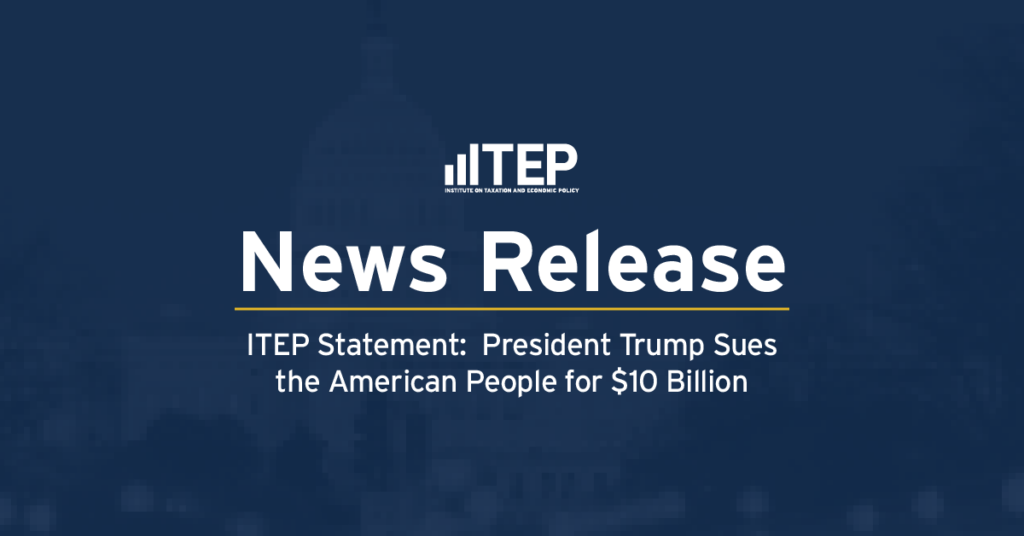Chicago voters will on Tuesday decide whether to levy a higher real estate transfer tax on properties sold for more than $1 million to help fight homelessness. Regardless of the outcome in the Windy City, these “mansion taxes” are increasingly popular with local policymakers who are seeking innovative and progressive ways to raise revenue to fund public services.
Our new brief gives a landscape overview of local mansion taxes across the U.S. and pinpoints some of the similarities and differences in these policies across jurisdictions. These taxes play an important role in rebalancing upside-down tax codes, advancing racial and economic equity, and raising new revenue to build more resilient and inclusive communities.
Key findings:
- Right now 17 cities and counties have mansion taxes. Several others, most notably Chicago, are currently considering them.
- Together these taxes raise nearly $3 billion in annual revenue, equipping communities with resources to make progress on critical priorities of local and national concern including housing, education, and infrastructure.
- Local mansion taxes have been around since 1982, but the momentum for them has built in recent years. Nearly all of today’s mansion taxes were enacted or expanded between 2018 and 2023.
- Mansion taxes have proven popular with voters: When put on the ballot, measures to enact or expand mansion taxes have succeeded 86 percent of the time.
“Local mansion taxes are meeting the moment,” said Andrew Boardman, ITEP Local Policy Analyst and author of the brief. “More and more Americans are paying unaffordable amounts on rent, or going unhoused altogether, as home prices have skyrocketed. Local policymakers need practical and effective solutions to these and other problems, and mansion taxes are proving to be exactly that.”



